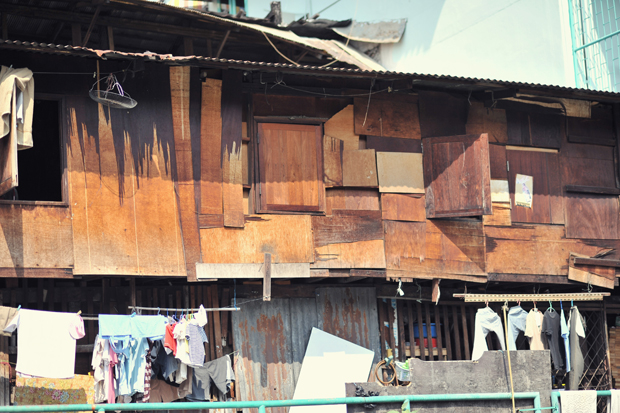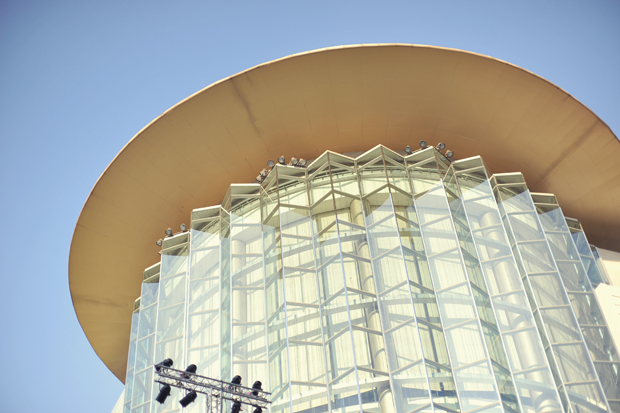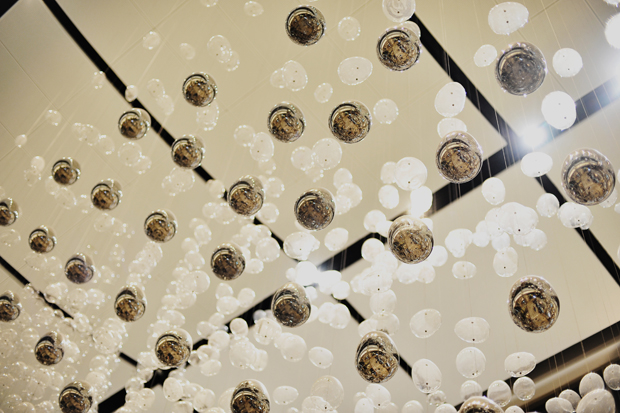Mediocre - of only ordinary or moderate quality; barely adequate.
-Websters Dictionary
The subject of mediocrity recently rose it's mediocre head while I was driving in L.A. I was noticing all of the late model cars, SUV's, Crossovers etc. etc. I was daydreaming slightly, wondering what kind of vehicle I would buy if I decided to trade in the old Ford Explorer with over 200,000 miles on it. I came to a conclusion after a few blocks.
All the cars look the same. All the SUVs look the same. All the cross-overs look the same.
When I was around 8 or 9 years old, my dad used to play a game with me when we were driving. Since I didn't have an iPod or DVD player, this being the late 50's, I had only my imagination. Our game was simply "what kind of car is that coming up to us?"
The first one to identify an oncoming car was the winner. One of us had to shout out "Ford", or "Chevy" and so on. At this point I'm sure half of you have left my blog to check your apps, but hang around. The thing was that every car had it's own distinctive shape and design and they had bright colors. Look around today, sometimes it seems every car is white, black, gray or silver.
The point of this in today's language is that you can't really identify most vehicles approaching because they do look the same. My friends ask me when I will let the Explorer go but I plan to keep it. My inspiration is a man from the eastcoast who bought a Volvo in 1961 and has accumulated 2.1 million miles on it and is still driving.
At 201,200 miles I have a way to go.
And that 1968 Fastback Mustang above was my 2nd car.
But mediocrity isn't just about cars. I began to realize it's around us in almost everyway. Apple launches the iPad and within a year every other company capable has an imitation that looks the same.
Clothing now for twenty-somethings doesn't reflect anything but a lack of imagination for a specific look, rather a collection of mediocrity. The 1920's had a radical change, as did the 1940's, the 1950's and certainly the 1960's. Give a mention to disco days and after that styles seemed to get mixed up with each other.
One of the creators of 100 channel cable and satellite services (now up to 200 channels or so) said that when he and his partners were creating the superchannel lineup at a time when most people had maybe 5 to 20 channels, they felt they were creating a radical new medium.
But after 10 years he realized what they really did create. In his own words; mediocrity.
Music is another example. In the mid 60's a whole new generation came of age (yeah, me too), much of the music was pure, meaning it wasn't really a copy of anything. In the book Laurel Canyon, by Michael Walker he brings up the point that people like Joni Mitchell, Graham Nash, Steve Stills, Neil Young, John Phillips and many others were singing a completely new style of music. Their own.
Nash says that they would just write songs and release them and some worked, some didn't. Today when one singer has a hit song, the record companies immediately send out scouts to find a dozen other singers who look like, and sing like the one with a hit song.
I still think most of the younger female singers all sound like Maria Carey.
And going back to cable TV, while the creators hoped for exciting and brilliant broadcasting and niche audiences, what resulted was the showing of older TV shows over and over again. At one time you could watch 4 or 4 Seinfelds on the same night.
One could argue that this was going on during the 60's and 70's but with 5 channels in Detroit/Windsor nobody played repeats because they didn't have any. You could see I Love Lucy however, which is still playing.
And of course, getting back to movies, all you have to do is to see the remakes Hollywood has put out, some successful like Rise of the Apes and some flops like the new Conan. With Knocked Up, came another series of copycats, some good, some bad. And titles seemed derivative or at the best, lame.
So what's the answer? Are we living in mediocrity?
You can take your lead by reading about The Singularity, which relates to quantum physics and the rapid development of computers and, ultimately robots as smart or smarter than us. It's a theory that suggests technology is moving faster and faster and teens today will be left behind by technology by their early 30's and even their kids won't be able to catch up.
Quantum physicists like Miciho Kaku suggests there are three consequences of The Singularity; one is that robots take over like Terminator and destroy us, secondly the world will be a perfect dream place where all is wonderful for humans, and the third is that everything stays the same as now.
So there you go - identifying cars to Terminator. And here's my favorite car, it was a 1968 Ford Mustang that I bought for $1700 in 1969.





































































